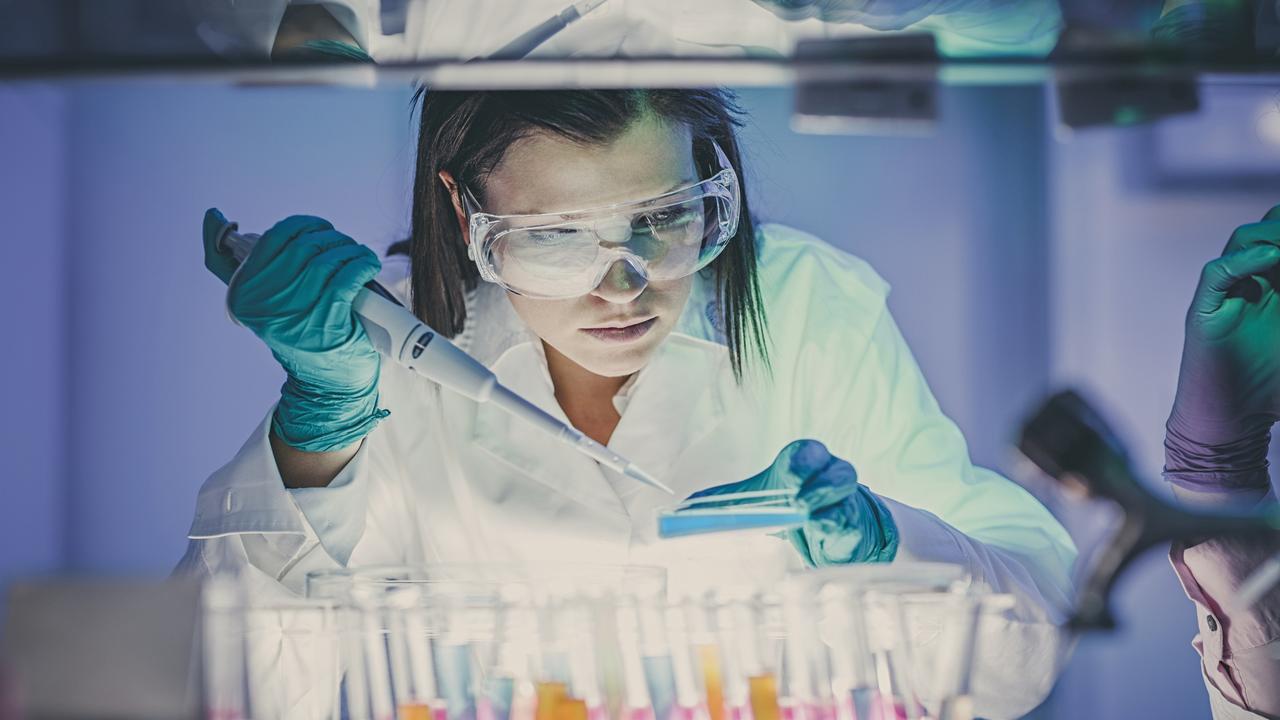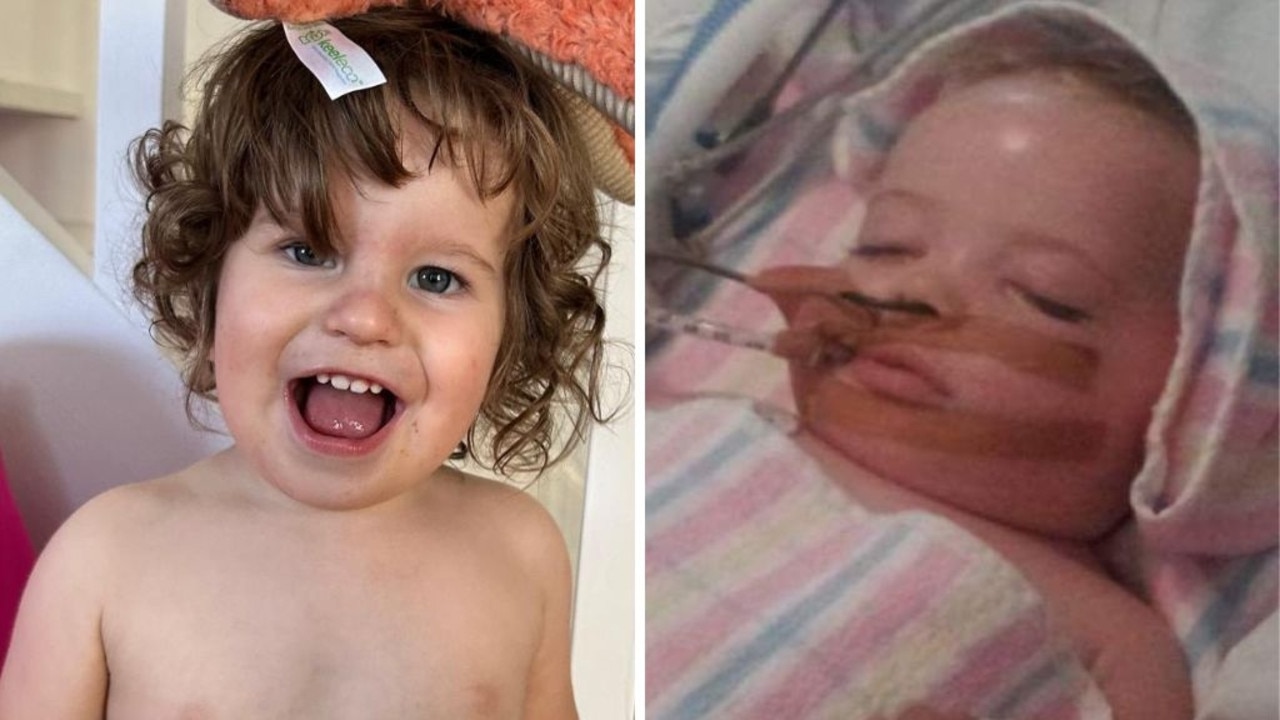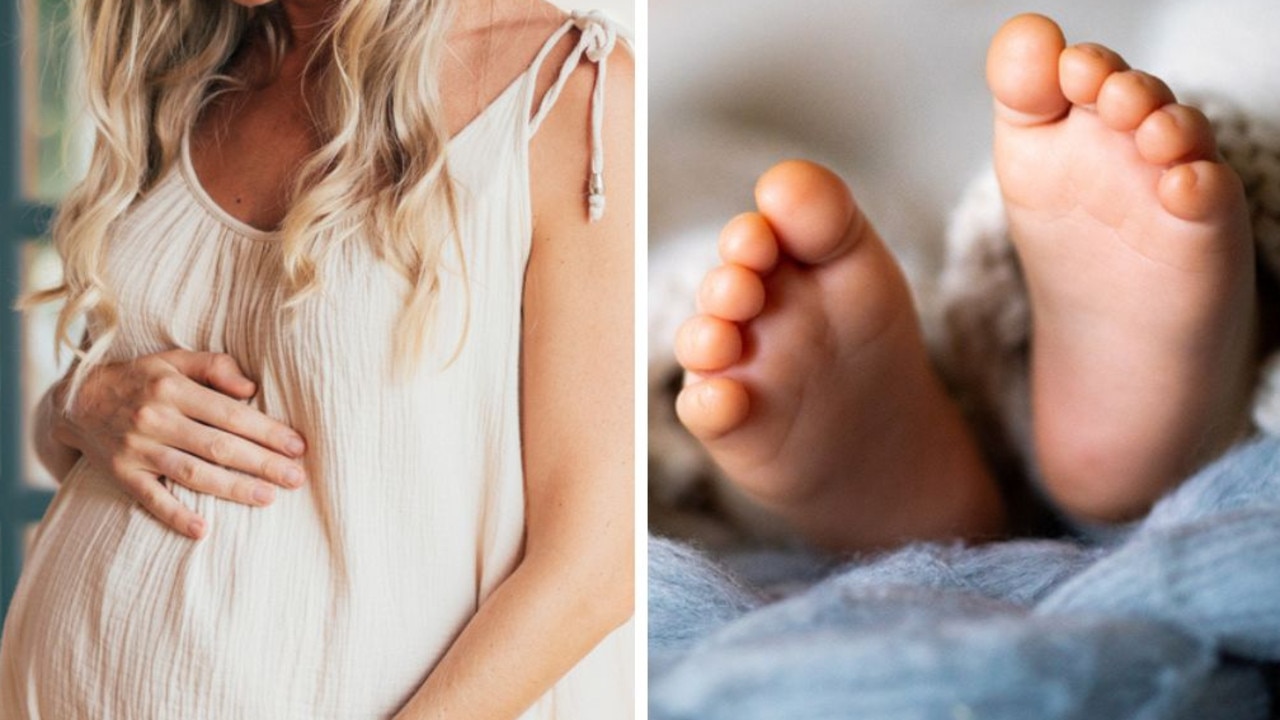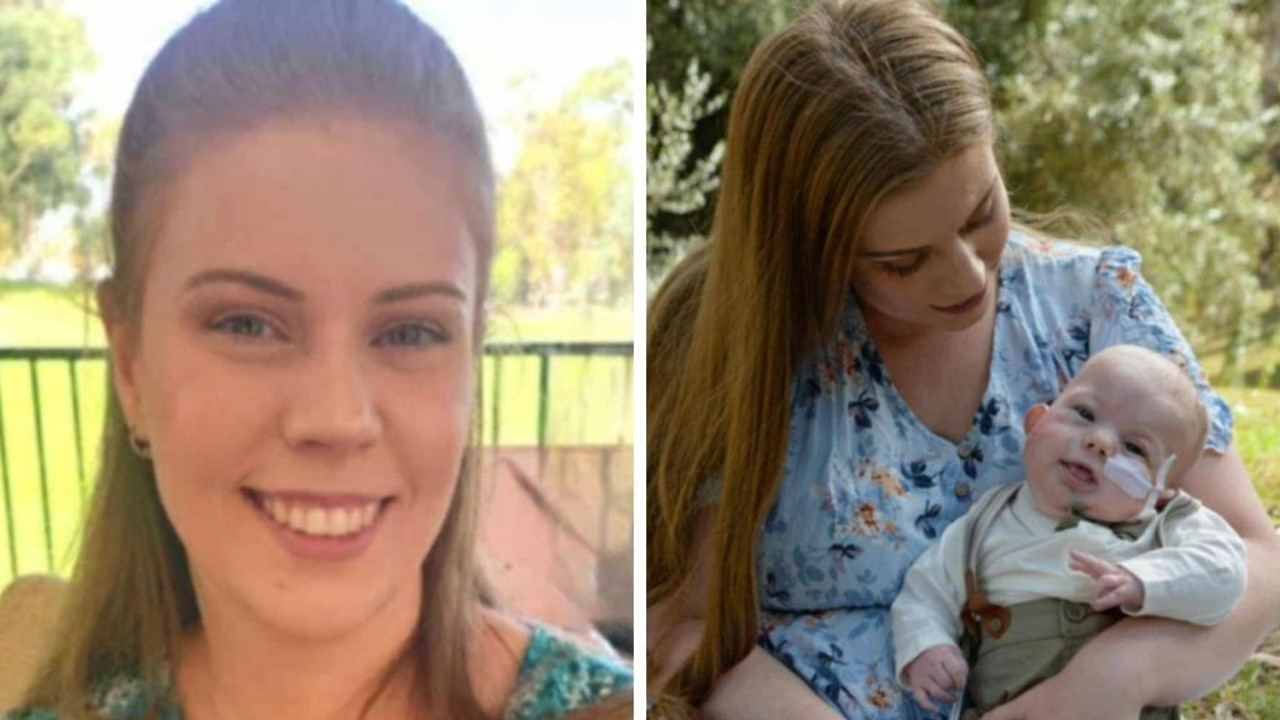Queensland Health Ombudsman orders the mass purge of frozen sperm
One state has ordered the mass purge of frozen sperm after an audit found they were at risk of potentially devastating identification issues.

Queensland’s health watchdog has ordered the destruction of thousands of frozen sperm donations in fertility clinics after an audit found a large amount of samples were at risk of misidentification.
The Office of the Health Ombudsman conducted an intensive probe into Queensland’s IVF industry, which is self-regulated and has come under scrutiny after providers were hit with claims of malpractice.
The audit found “systemic issues” related to “quality and safety”, finding the state had potential errors including identification mix-ups, loss of viability of gametes or embryos, and suspected deterioration beyond laboratory standards.

“Some incidents, such as incorrect labelling of frozen semen and unclear labelling of straws, were not reported” to the regulator by one provider “potentially indicating lapses in reporting protocols,” the report found.
The errors could lead to key genetic information being missed, which advocates say could create a danger of accidental incest.
The OHO recommended all clinics in the state “dispose of stored donor material not meeting current identification standards”.
A total of 42 per cent of sperm donations, egg samples and embryos in Queensland were found to have “identification and traceability” issues.
This meant clinics had either lost or incorrectly labelled samples.
While it is now known how many sperm donations will need to be destroyed, the OHO found there were “thousands” of samples from before 2020 which were at high risk.
The report found the destruction of sperm will add to an already large shortage of donated sperm in Australia.
One in six Australian couples struggle with starting a family, with many looking to donors to help conceive.
“The impact on consumers and the donor-conceived children in cases of gamete mix-ups cannot be underestimated,” the report said.
“Appropriate counselling should be offered by ART providers … to manage the emotional turmoil created with uncertainty about paternity and genetic origins. The implications for families from such errors are lifelong.”




